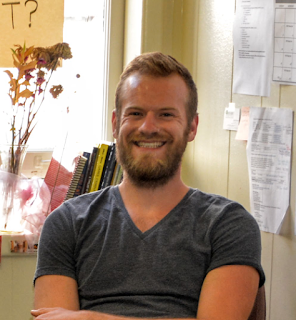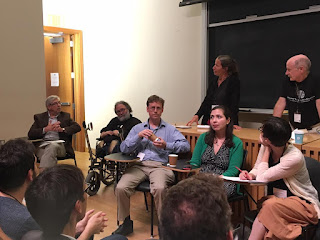"American Horror Story" in Real Life: Understanding Racialized Views of Mental Illness and Stigma

By Sunidhi Ramesh Racial and ethnic discrimination have taken various forms in the United States since its formation as a nation. The sign in the image reads: "Deport all Iranians. Get the hell out of my country." Image courtesy of Wikipedia . From 245 years of slavery to indirect racism in police sanctioning and force, minority belittlement has remained rampant in American society (1). There is no doubt that this history has left minorities in the United States with a differential understanding of what it means to be American and, more importantly, what it means to be an individual in a larger humankind. Generally, our day-to-day experiences shape the values, beliefs, and attitudes that allow us to navigate the real world (2). And so, with regards to minorities, consistent exposure to these subjective experiences (of belittlement and discrimination, for example) can begin to shape subjective perceptions that, in turn, can mold larger perspectives and viewpoints. Last spring,



